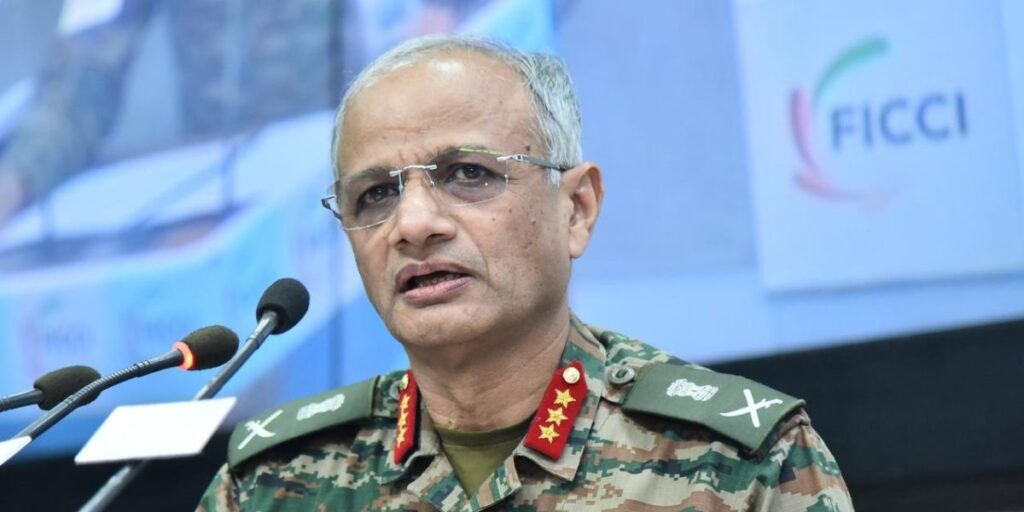ISLAMAABAD: Indian Deputy Chief of Army Staff, Lieutenant General Rahul Singh, has claimed that during a recent four-day conflict between India and Pakistan, the Indian military faced not just Pakistan but also indirect support from China and Turkey.
Speaking at an event titled “New Age Military Technologies” organized by the Federation of Indian Chambers of Commerce & Industry (FICCI), he detailed the key lessons learned during “Operation Sandoor.”
General Singh said that although the conflict appeared to involve one front, in reality, there were two — or even three — adversaries. Pakistan was the direct opponent, but China actively supported it by providing real-time intelligence on Indian military installations.
According to him, 81% of the military equipment and arms Pakistan received in the last five years were Chinese-made, which reflects the deep military alignment between the two nations.
He also emphasized Turkey’s role, stating that Turkish Bayraktar drones were not only provided beforehand but were also observed during the conflict, accompanied by trained personnel.
He linked China’s support strategy to one of its 36 classic stratagems — “kill with a borrowed knife” — implying that China was testing its weapon systems in a live combat scenario through Pakistan.
General Singh pointed out another key insight from the operation: the critical need to enhance India’s C4ISR (Command, Control, Communications, Computers, Intelligence, Surveillance, and Reconnaissance) and civil-military fusion capabilities.
He revealed that during high-level talks between military officers, Pakistan was able to warn India about specific strategic troop movements — a sign they were receiving real-time battlefield information directly from Chinese sources.
ALSO READ: Indian defence attaché admits loss of fighter Jets to Pakistan
He concluded that this collaboration presents a serious concern for India and necessitates swift and strategic countermeasures.





